Signs Your Concrete Floor Needs Maintenance
Concrete floors require consistent maintenance to ensure they're in good shape. But do you know what this maintenance entails? Most people have concrete on the lower levels of their houses, in their garages, or in their driveways. According to Cement Concrete & Aggregates Australia, more than 70% of people live in a structure that has concrete. Yet many homeowners might be stumped when it comes to the proper maintenance and upkeep of their concrete floors. Here are some signs your concrete floors need maintenance.
Water Pooling on the Floor
If you see water sitting on top of the floor, it's a surefire sign that you need to repair your concrete floor. This is commonly seen in basements and garages. The water seeps underneath the structure and then pushes up into the foundation. If there are small cracks in the floor, they need to be patched using specific
concrete floor products. You should call a professional right away.
Large Cracks
Seeing large cracks in concrete is another clear sign that repairs are in order, even if you don't see water pooling. Large cracks will continue to spread, resulting in large chunks of the floor requiring repairs. The sooner you contact a professional for concrete floor repairs, the cheaper it'll be to fix the floor. Concrete floor products, such as concrete bonding adhesives, are cheap and easy for professionals to fix large and small cracks.
Bulges
Seeing large bulges on your concrete floor signifies that you need to speak with a professional. When the ground absorbs rainwater, the ground under the house swells and pushes up on the floor. This is likely why the floor has large bulges. Concrete floor products will fix cracks that appear, but you'll need to speak with a professional to determine how to fix the underlying issue.
Spalling Concrete
Symptoms of spalling concrete include flaking and chipping. In the worst cases, large chunks of concrete may be missing. Spalling concrete is usually caused by a freeze-and-thaw cycle or too much moisture. It's most common in outdoor concrete installations, such as sidewalks, but it can happen in your basement if there's too much moisture. A professional can figure out the cause of the spalling and recommend products or services to restore it.
If you notice any of these signs in your concrete, get in touch with Architectural Concrete Supply today. We'd be happy to take a look and provide some suggestions for the best course of action.

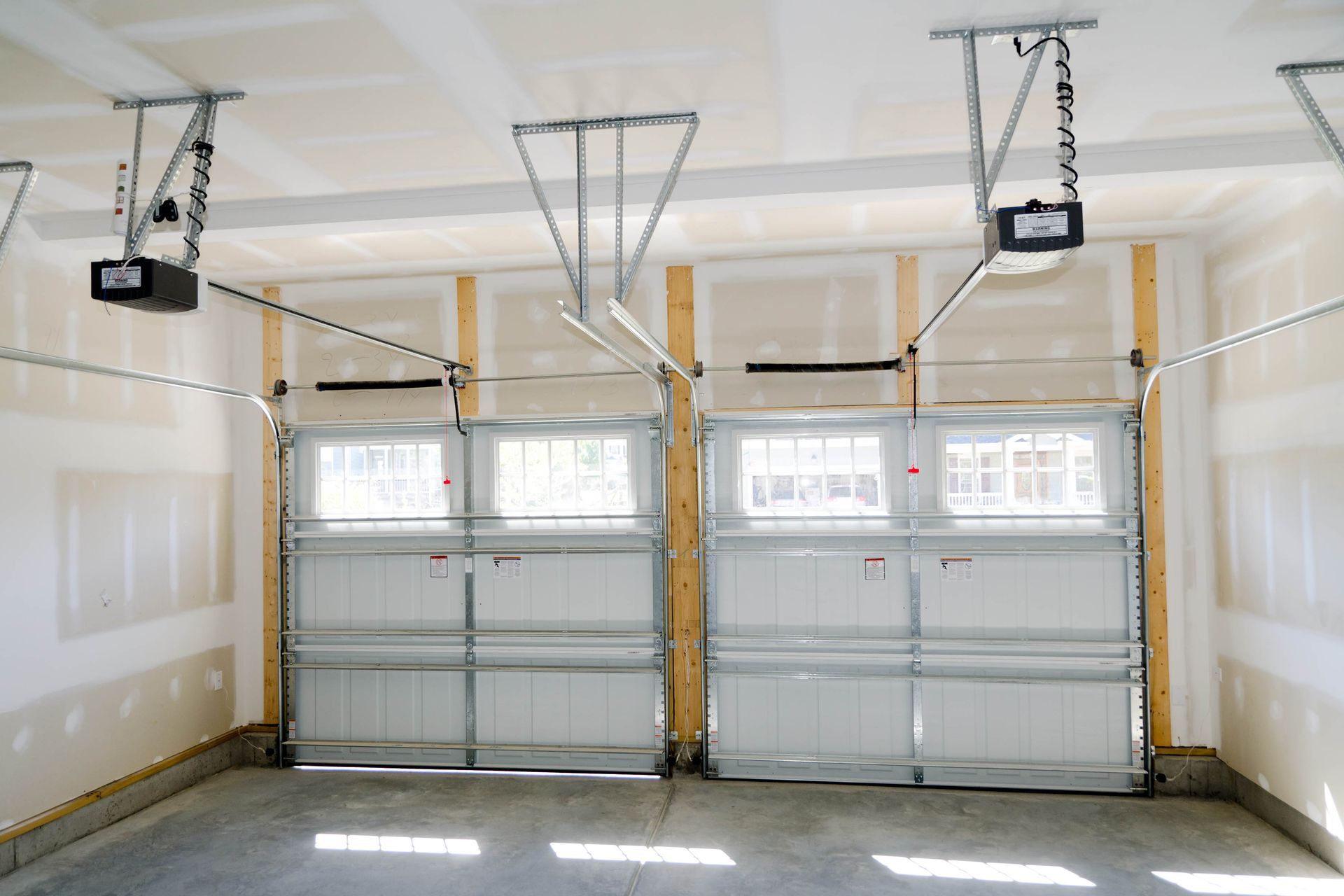


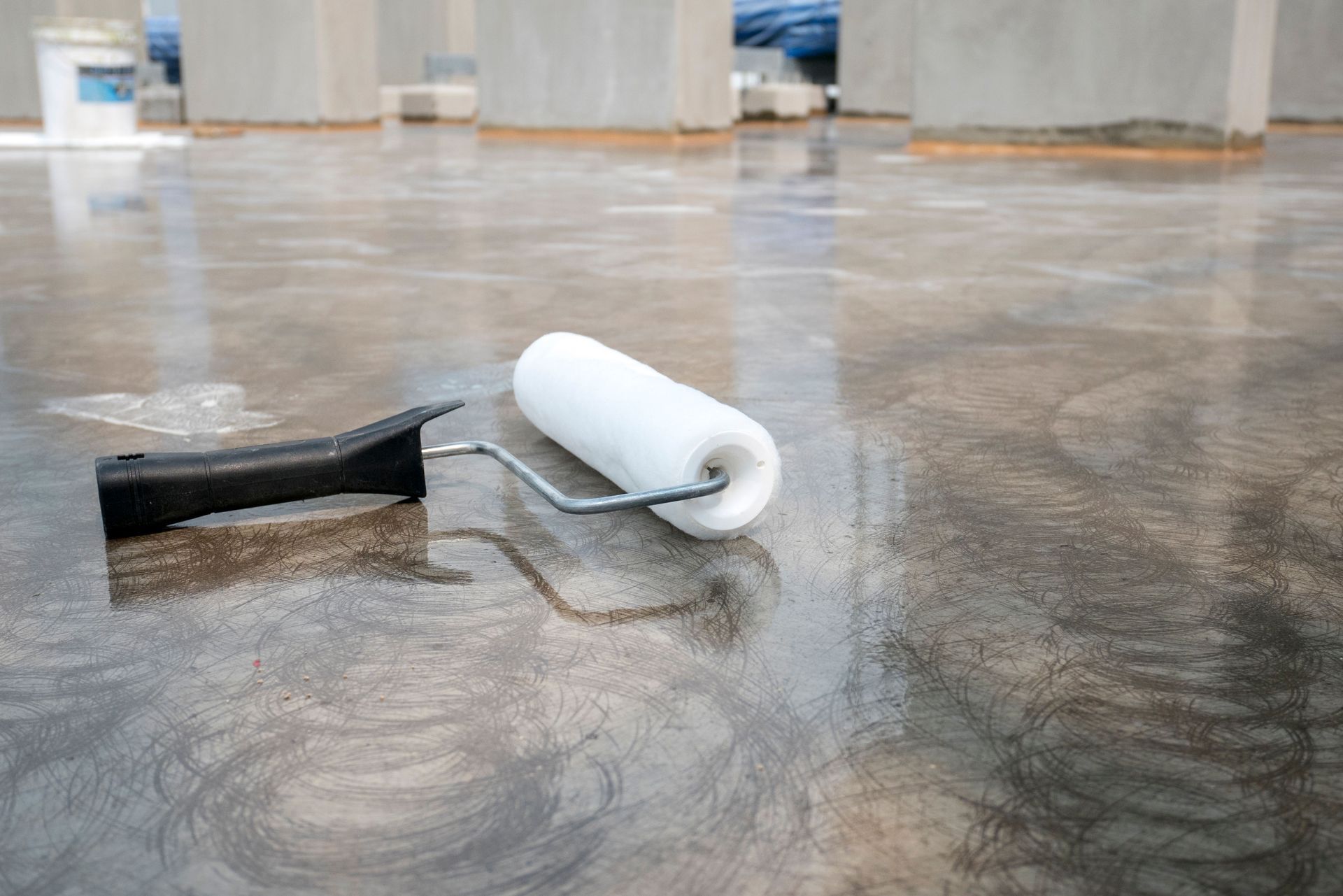
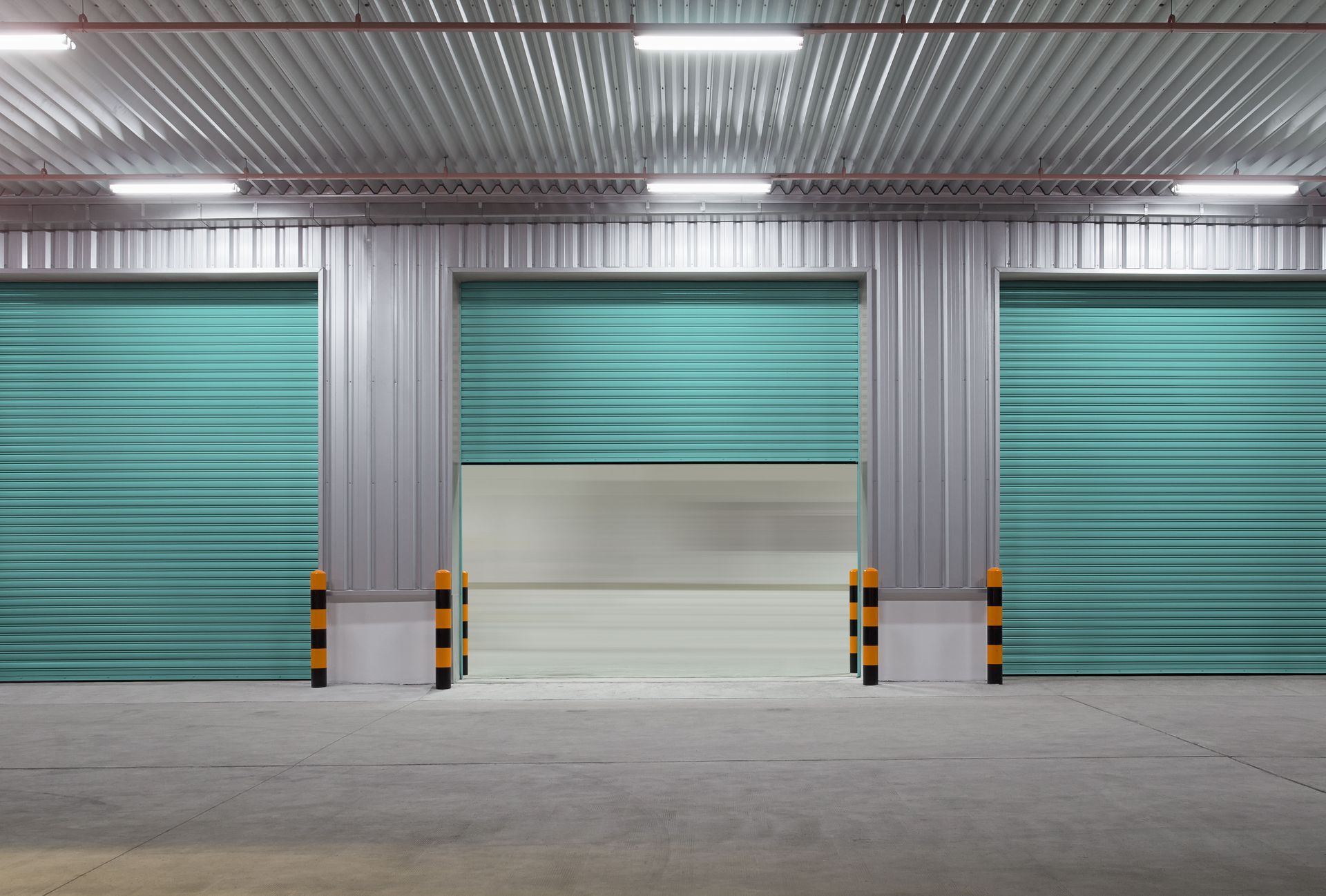
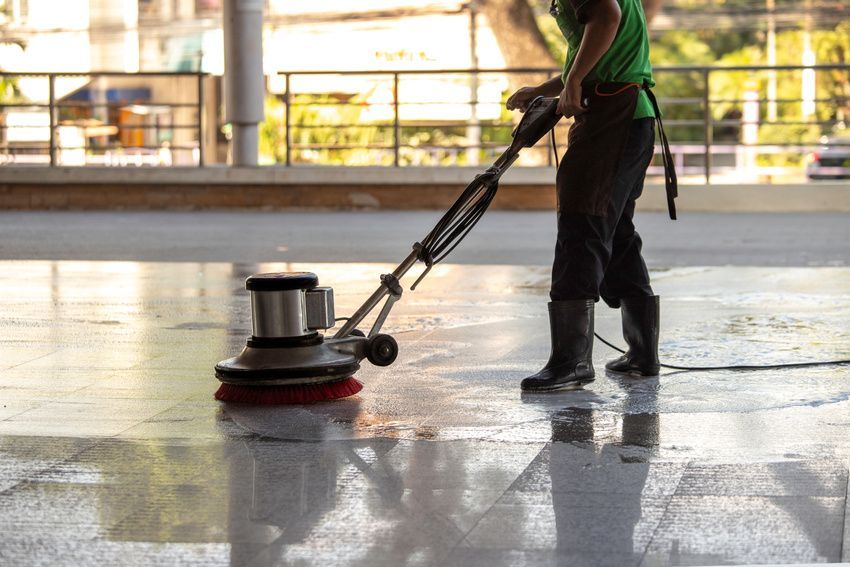
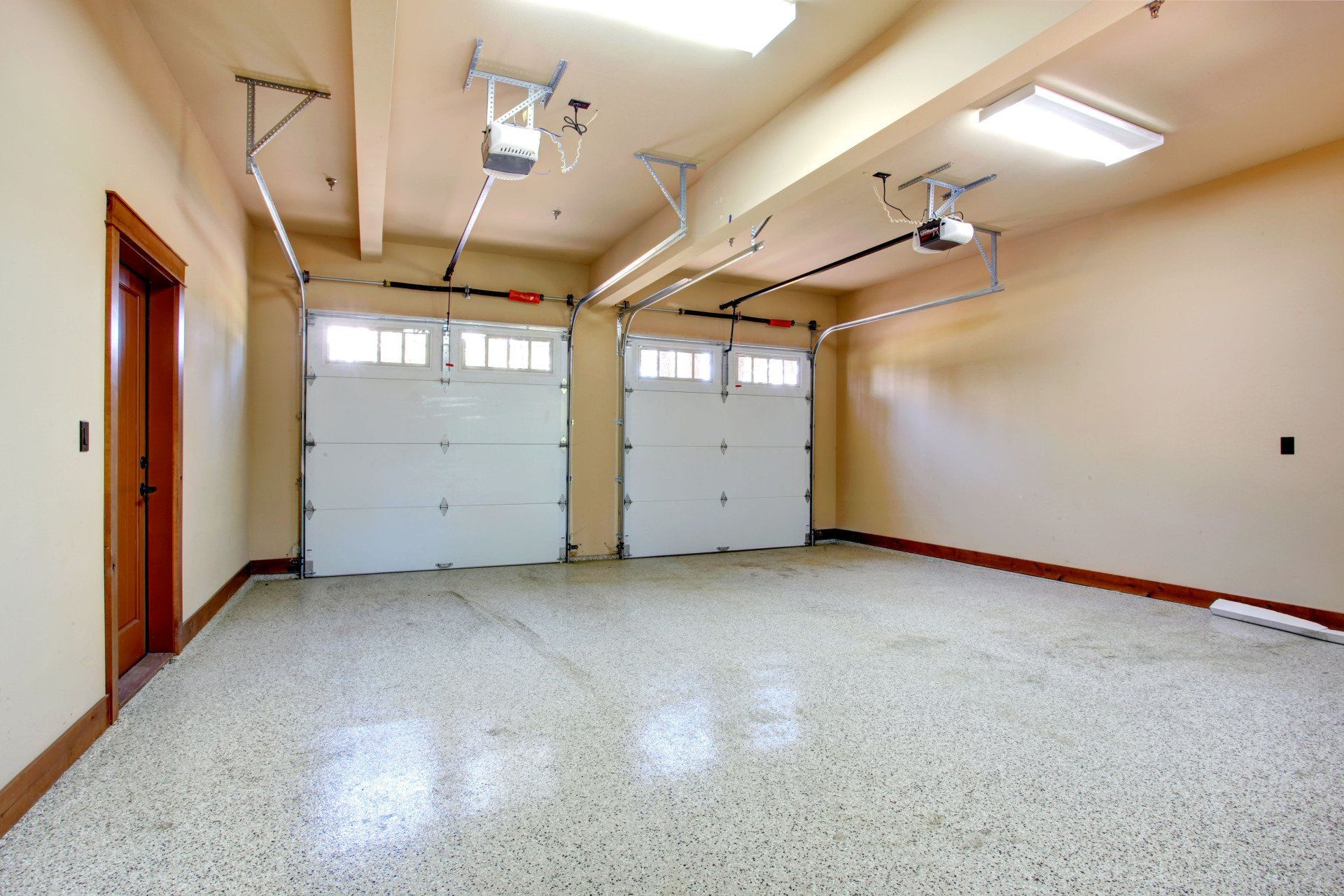
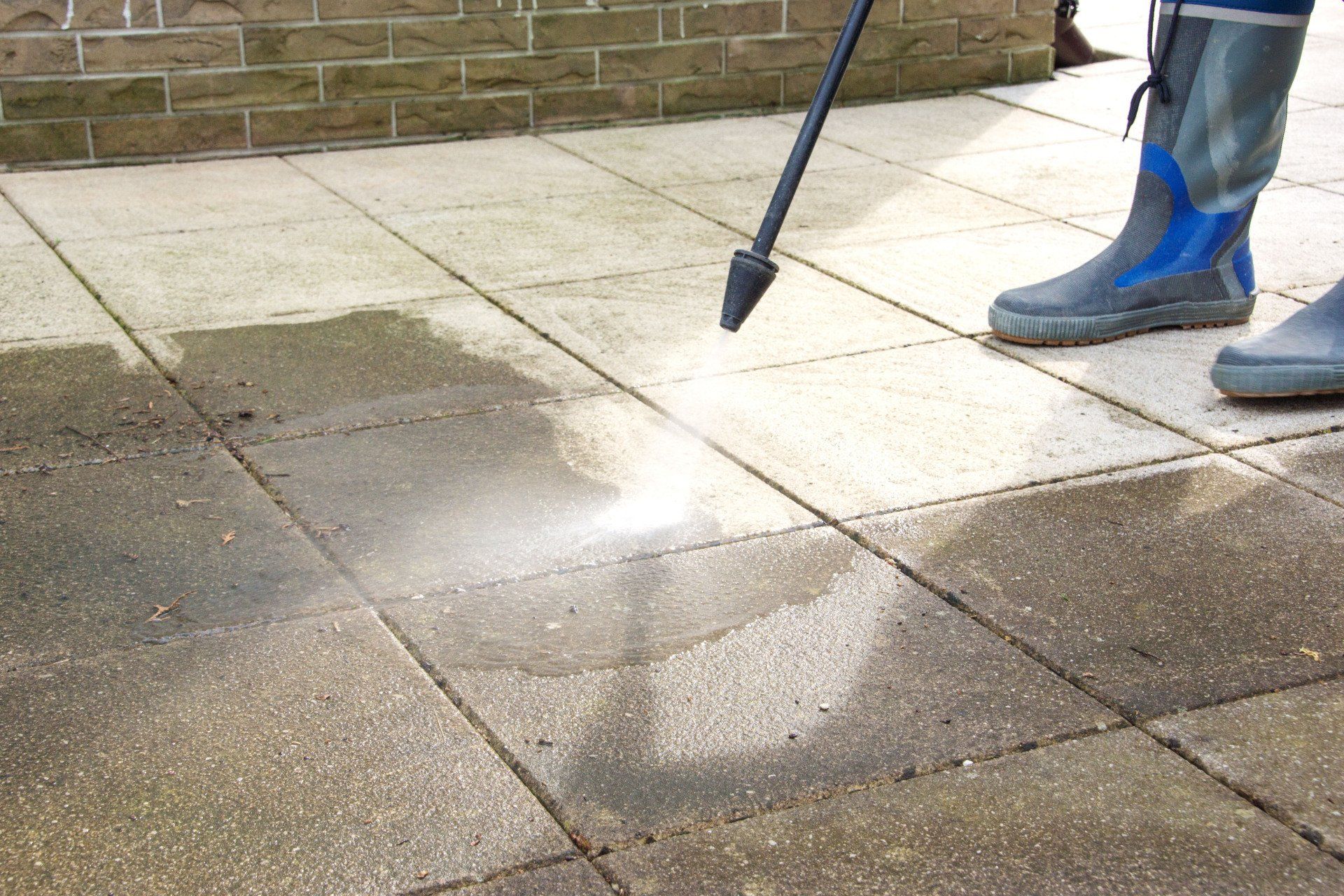
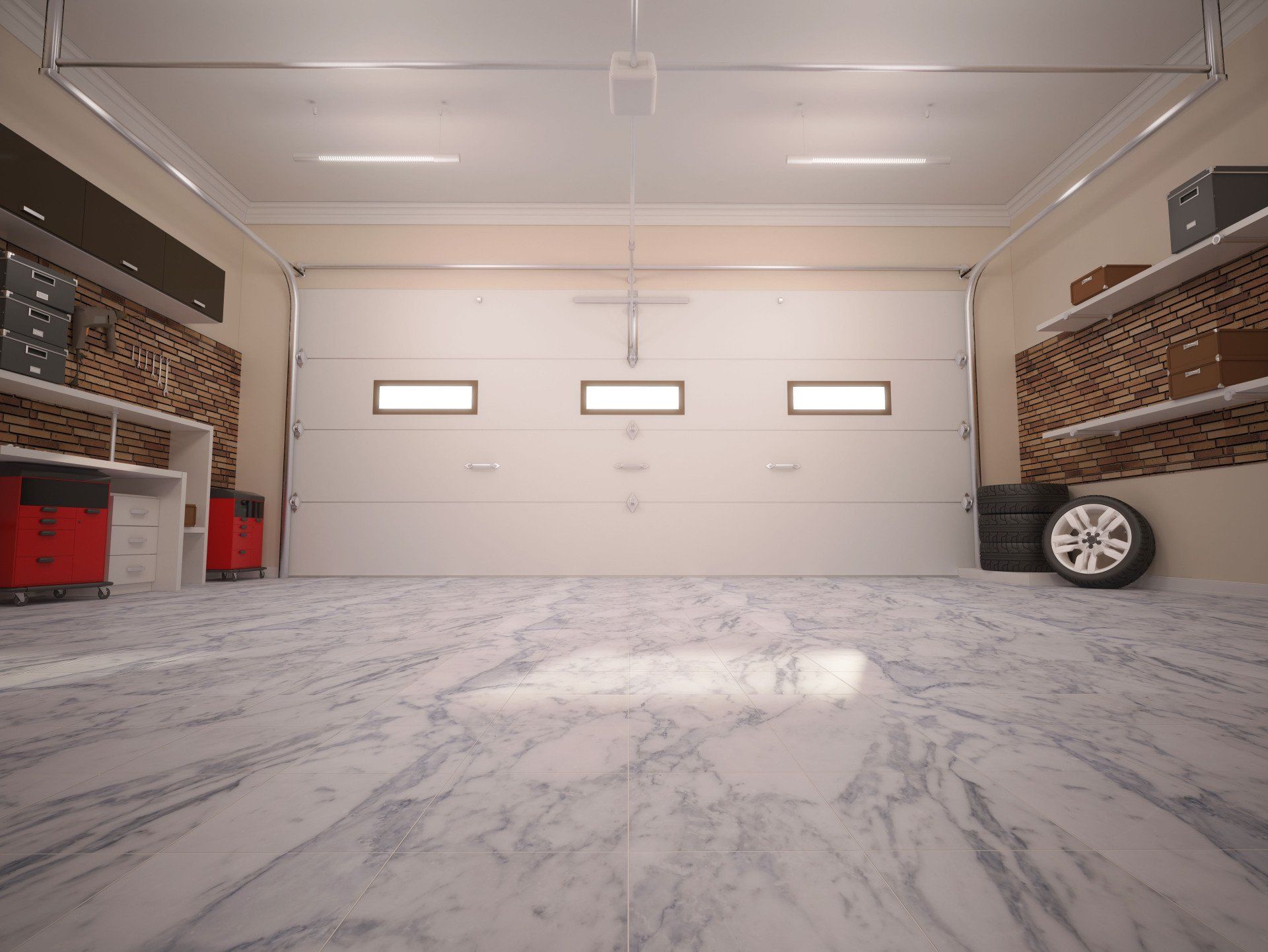





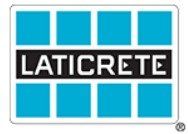






Share On: